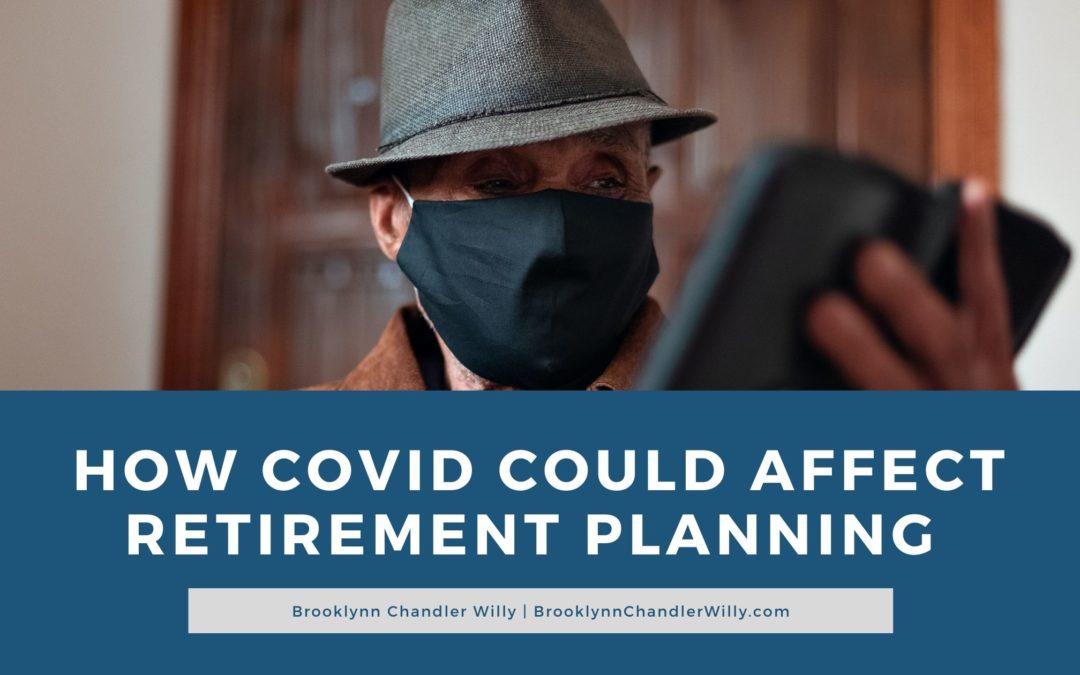In 2020, COVID-19 changed the way humans interacted with the world. It has brought with it countless changes, health risks, and financial burdens. While many Americans were able to get short-term help in stimulus checks, there are still many financial concerns to contend with.
Until we can fully understand the long-term effects of COVID-19, it may not be possible to fully understand the financial impacts that it will bring with it. This raises concerns about retirement plans already in play and any retirement plans that will be created shortly.
Statistics
According to SHRM, 37.4% of workers between the ages of 45 and 63 lost their jobs during the pandemic. This will have a direct impact on their savings, as they are that much closer to retirement.
Furthermore, another 36.4% of Americans close to retirement (within the next 20 years) believe that they will have to delay their retirement directly due to COVID-19. Almost half of Americans believe that it will take more than six months to recover from the pandemic, with slightly more than that number dipping into their savings already.
Dipping Into Savings Early
Many Americans have already been forced to dip into their savings to make it through the pandemic. Unfortunately for many, that does include retirement savings. There is some good news for those dipping into retirement funds – they are currently not facing any penalties for doing so.
Part of the CARES Act negated all of the fees involved with pulling money out of savings funds. While this may not sound like much, a little does go a long way. It is worth mentioning that there is a cap, as $100,000 can be pulled before those fees will come back into play.
Deferring Savings
As mentioned above, many Americans are now facing the fact that they will have to push off their retirement. With the instability that the pandemic brought, this was the only option. Layoffs, furloughs, and other financial changes are already showing an impact on many private bank accounts.
While many are pushing back retirement, others are pushing back their savings. Meaning that many Americans simply cannot afford to be putting money into their retirement savings – no matter how badly they need it later. This will have a long-term and negative impact on their savings.
Economic Downturn
Compounding all of the problems already listed are the concerns surrounding the stock market. Many retirement plans depend on healthy stock markets as part of the investment process.
The stock market crashed in 2020, causing untold damage to the accounts already working hard to accrue money for retirement. The market is starting to turn around now, but it will take some time to balance out from the market’s loss.
Mitigating the Negatives
There are certain things that people can do to help mitigate these negative financial effects. For starters, don’t withdraw from an account unless it is necessary. Look for new investments that may help to even out portfolios, and while you’re at it – diversity (*reference footnote) the portfolio you have. The more diverse it is, the less likely a future crash will hit it as hard.
*Diversification does not guarantee a profit or protect against a loss in a declining market. It is a method used to manage investment risk.
This blog/website is only made available for educational purposes. It is designed to give visitors general information and a general understanding of select financial topics. It is not intended to provide specific financial or investment advice. Conduct your own due diligence or consult a licensed financial advisor/broker before making any and all financial/investment decisions.

